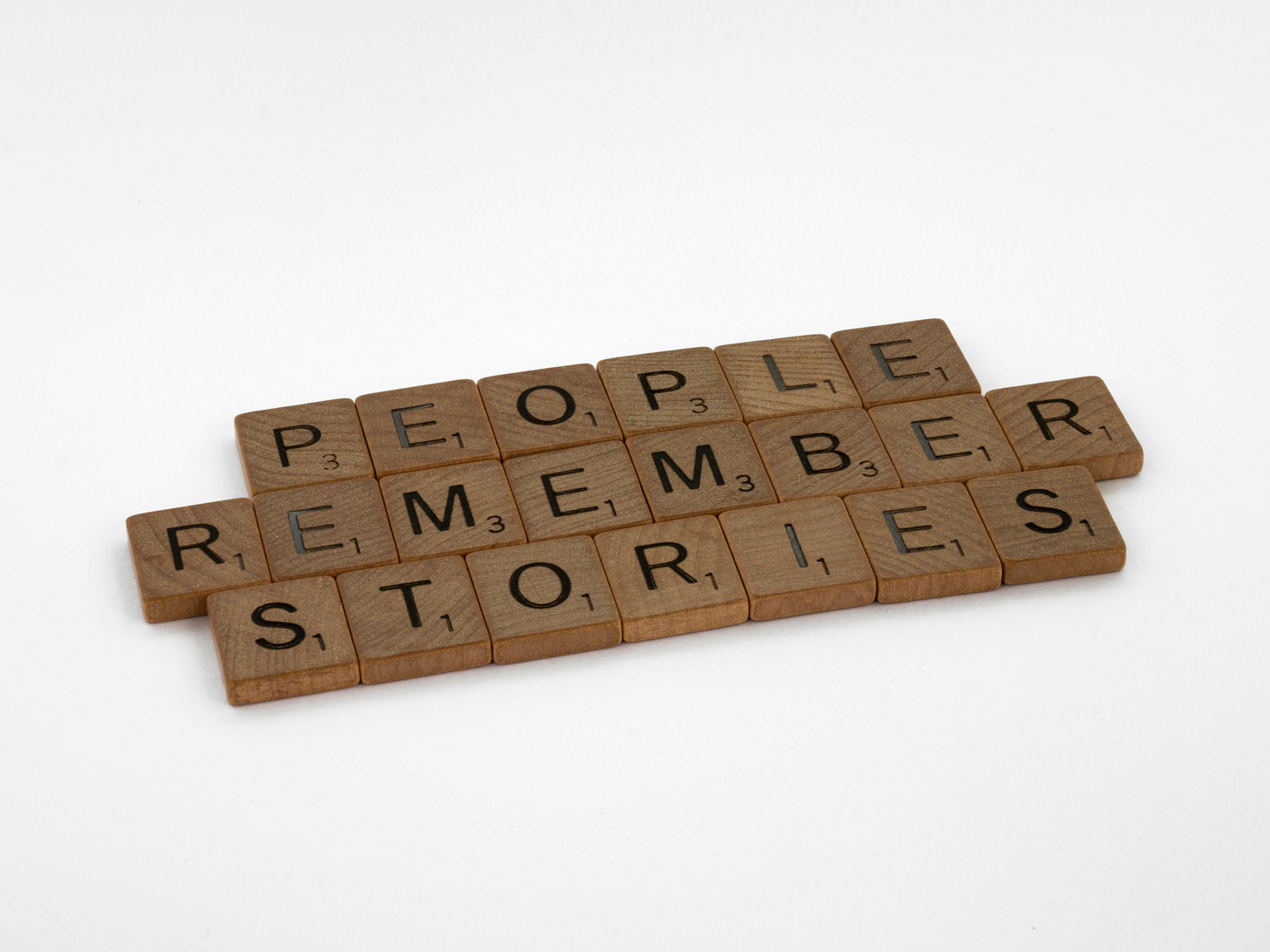Numbers Tell a Story
Issue #176
The most powerful person in the world is the story teller. ~ Steve Jobs
I've written a lot about how powerful stories are, because they drive human behavior—everything from stories in the media to the stories we tell ourselves. In a world of unknowns and risks, the human brain seeks explanations and certainty. Additionally, for virtually all of human history, stories were essentially the only way to transmit history and explanatory information, so the brain can relate to stories in a way that it can't relate to, say, raw data. Moreover, in our complex and uncertain world, the brain is constantly looking for evidence that it is making good decisions, which is known as confirmation bias; it finds these in stories.
Narratives require much less time and energy for the brain to process, which makes them a useful heuristic, especially since energy was very scarce for millennia. The vast majority of the decisions made by prehistoric man did not require detailed and very accurate information; the knowledge used to make most decisions just needed to be “good enough.”
Today we live in a very different world. Your safety, wellbeing and survival depend on your ability to make far more nuanced and granular decisions using the vast amount of information that has never existed before. Yet virtually everyone is still making these decisions using stories they hear from others. For example, don't know what to invest in? Just listen to Jim Cramer on CNBC—he'll tell you a good story that your brain can relate to. But it probably won't result in you making a good decision, primarily because a simple story can't capture and convey all of the related information.
Besides, in today's hyper-competitive world, it's not enough to simply believe simple stories that others tell you. Even if they're true, others acting on them will reduce the value of the story to zero. Instead, you must use your own Unique Insight Proposition to create valuable understanding or knowledge that can be exploited. You have to be able to see opportunities that few other people can see.
Time and energy are still at a premium today, especially given the petabytes of data our ancient brains now have to sort through. To help me with this task as an investment advisor, I use a spreadsheet that automatically imports real time financial data. I also use conditional formatting, which changes the color of each cell as its value moves through different ranges, which brings data that requires action to my limited attention.
In this way, I can play a spreadsheet like a musical instrument. As a spreadsheet poet, I can see words and lines emerge from raw numerical data, and if I listen closely and combine it with my knowledge, experience and intuition, it will tell me a unique story that I can use to create value for my clients.
Since I track about 2,300 (and growing) dividend-paying stocks from around the world, I don't have the time or energy to gather all information about each company and analyze it. So my spreadsheet allows me to focus on the data points that I believe really matter, including sentiment and popularity among investors and analysts; long-term return on invested capital; the fundamentals of value, financial strength, profitability and growth; insider ownership and shares sold short; dividend yield, consistency, growth, safety and frequency; the likelihood of accounting fraud by management; adherence to ESG practices; company age and size; tax considerations; and country score.
In closing, always remain aware of the power of stories (as well as confirmation bias), who is telling them (including yourself) and why, and how complete and accurate they may be. Your success depends on it.
P.S. How did I not know that there's a spreadsheet world championship? OMG!
Recommended Books (I receive a commission if you buy a book via this link.)
I would love to hear from you! If you have any comments, suggestions, insight/wisdom, or you'd like to share a great article, please leave a comment.
Disclaimer
The content of this newsletter is intended to be and should be used for informational/ educational purposes only. You should not assume that it is accurate or that following my recommendations will produce a positive result for you. You should either do your own research and analysis, or hire a qualified professional who is aware of the facts and circumstances of your individual situation.
Financial Preparedness LLC is not a registered investment advisor. I am not an attorney, accountant, doctor, nutritionist or psychologist. I am not YOUR financial planner or investment advisor, and you are not my client.
Investments carry risk, are not guaranteed, and do fluctuate in value, and you can lose your entire investment. Past performance is not indicative of future performance. You should not invest in something you don't understand, or put all of your eggs in one basket.
Before starting a new diet or exercise regimen, you should consult with a doctor, nutritionist, dietician, or personal trainer.





